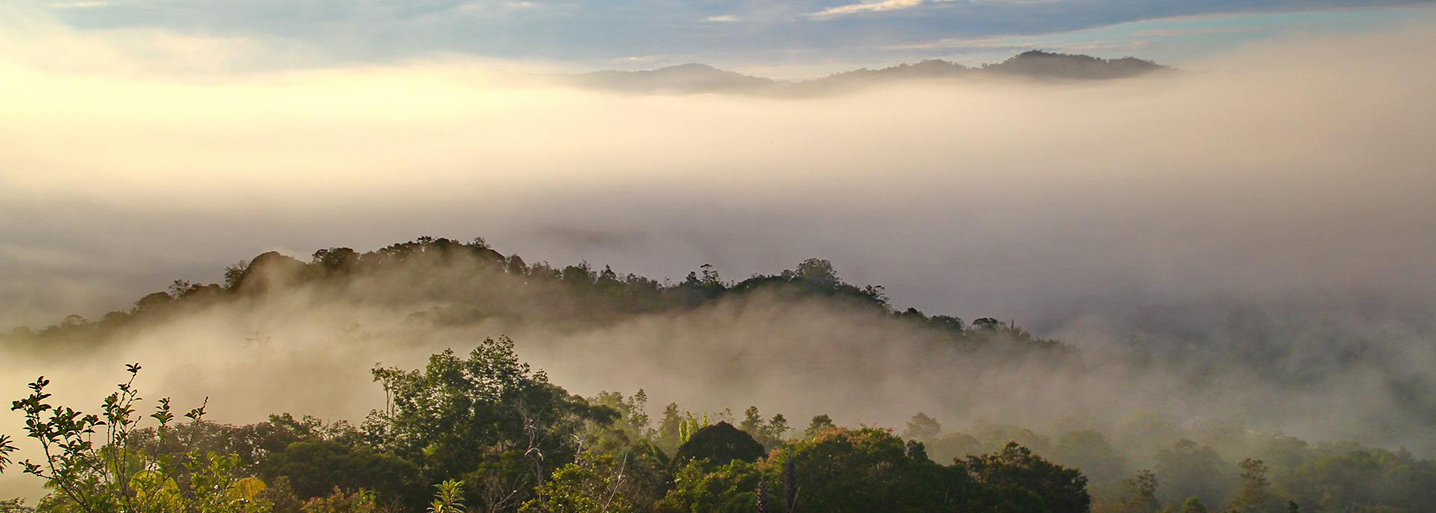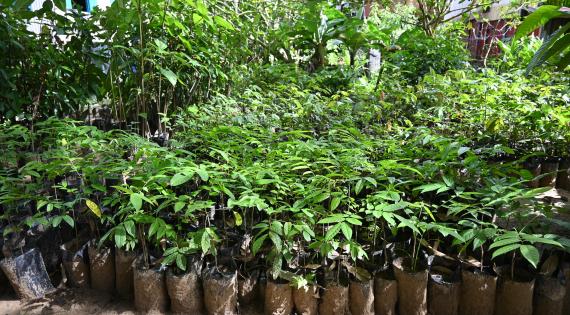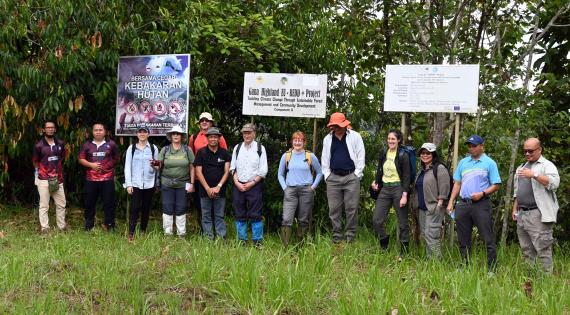A network for evidence-based FORest RESTORation
Our mission
Regenerating degraded or cleared tropical forest areas is a key approach for mitigating climate change and restoring essential ecosystem services, including regional water cycling and biodiversity conservation. Forest recovery and restoration can also enhance local livelihoods and address sustainable development goals if done in collaboration with local communities and stakeholders.
FOR-RESTOR is a collaborative network with the goal of developing, exchanging and disseminating evidence and information on forest restoration and recovery. Our work focuses on tropical and sub-tropical Asia, where we aim to support best practice and policy through engagement with a broad range of stakeholders.
Our objectives
- Improve our understanding of restoration outcomes and the underlying ecological and socio-ecological processes
- Facilitate knowledge exchange and knowledge co-production amongst scientists and practitioners across international and institutional boundaries to support the development of evidence-based best practice for forest restoration
- Communicate knowledge with a range of stakeholders to support in-country forest landscape restoration planning processes
To keep up to date with our activities, follow us @for_restor.




